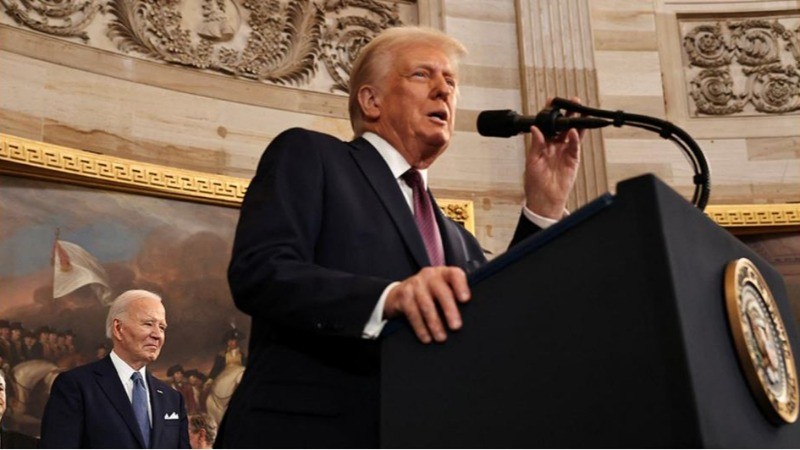
WASHINGTON: U.S. President Donald Trump announced a major policy shift targeting electric vehicles (EVs). Trump revoked a 2021 executive order issued by former President Joe Biden, which aimed to ensure that 50% of all new cars sold in the U.S. would be electric by 2030.
Funding for EV Charging Stations Halted
Trump’s new executive order freezes the allocation of unused funds from a USD 5 billion federal program dedicated to building EV charging stations. He also proposed ending a waiver that allows states to enforce zero-emission vehicle policies by 2035.
Emissions Rules Under Review
The Trump administration is set to reexamine federal regulations that require automakers to sell between 30% and 56% electric vehicles by 2032 to meet stringent emissions standards. The Environmental Protection Agency (EPA) has been tasked with reviewing California’s authority to ban gas-only vehicles by 2035—a rule adopted by 11 other states.
EV Tax Credits and Subsidies on the Table
Trump also called for a review of the USD7,500 tax credit for electric vehicles, citing concerns about market distortion. He argued that such incentives unfairly prioritize EVs over other energy technologies.
Shifting Energy Priorities
As part of his broader energy policy, Trump pledged to boost U.S. oil production and undo many of Biden’s clean energy initiatives. This includes scaling back subsidies for renewable energy projects like wind and solar power. While details about Trump’s plans to replace Biden’s “EV mandate” remain unclear, his actions signify a departure from the previous administration’s focus on clean energy.
The Future for EV Policies
Trump’s executive order marks a sharp shift in the U.S. stance on electric vehicles. Although the full impact of his policy changes is yet to be seen, it underscores a clear move away from Biden’s ambitious green energy agenda.